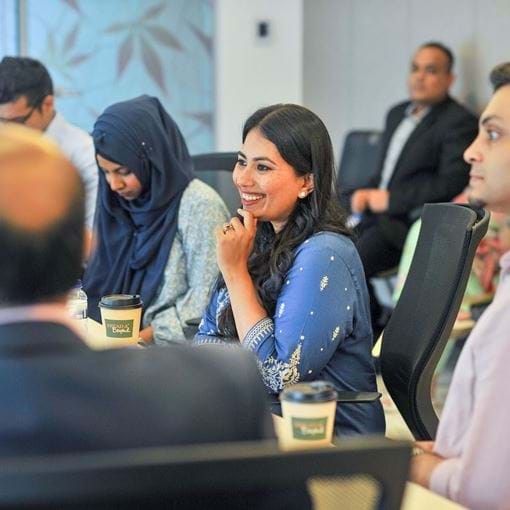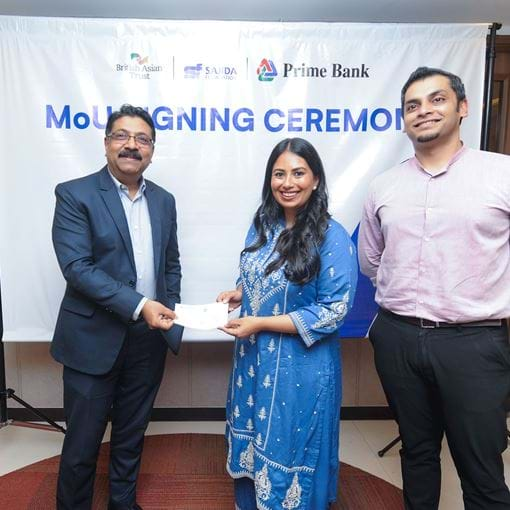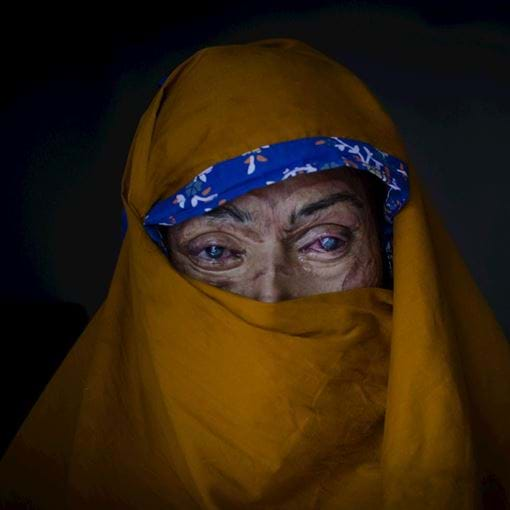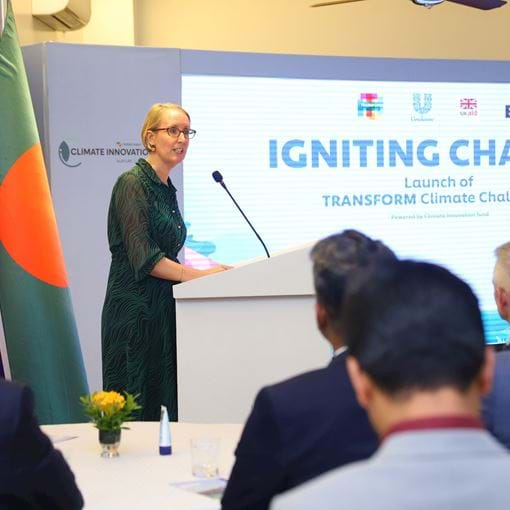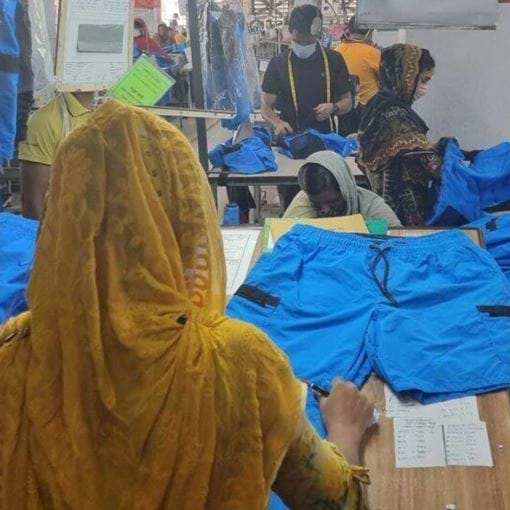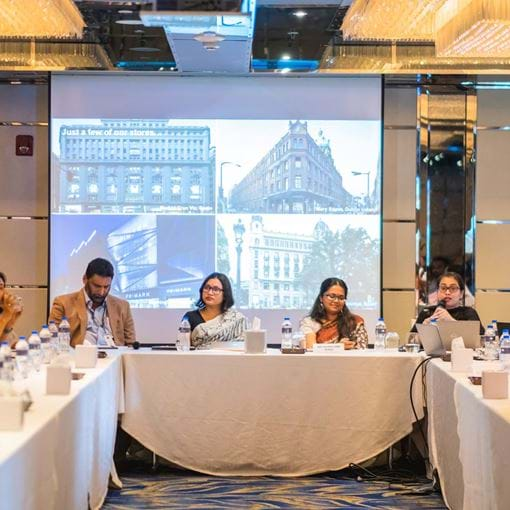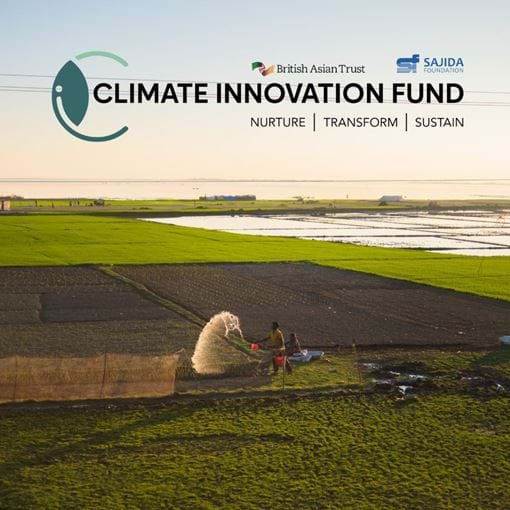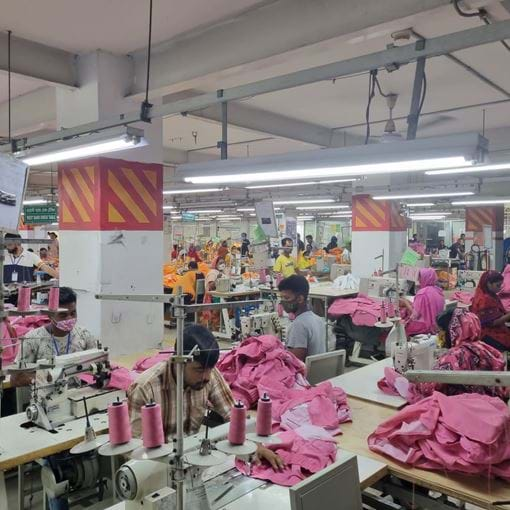Bangladesh
Bangladesh is transitioning into a middle-income country. With rapid economic development, urbanisation and climate vulnerability come a new set of challenges to livelihoods and well-being. Despite making significant strides in eradicating extreme poverty and rebounding after the Covid-19 pandemic, quality facilities in health, education and livelihoods are still inadequate.
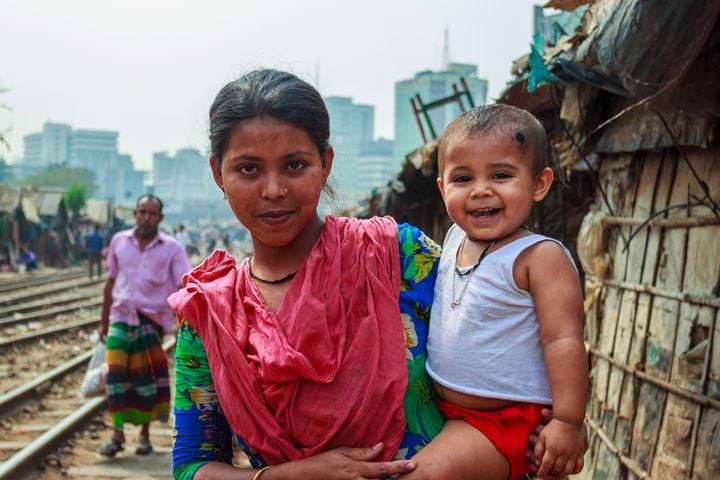
Our focus areas
Mental health
Suicide is the leading cause of death among Bangladeshi adolescents. Young men, women and girls, especially those in poor and marginalised communities, are particularly vulnerable. Most Bangladeshis have no access to mental health services, and they encounter stigma and social exclusion.
Climate change
Often referred to as ‘ground zero for climate change’, Bangladesh is extremely vulnerable to floods, tidal surges and natural disasters, which in turn impact on the soil, water, food security and livelihoods. Impacts of climate change on agriculture are a global concern, but for Bangladesh where two thirds of the population are dependent on agriculture, the impacts could be catastrophic, threatening national food and water security and livelihoods.

What we are doing
-
Mental health

-
Climate change resilience

Key projects
-
Strengthening mental health support for ready-made garments workers in Bangladesh (2022-2024)

-
Mental health support for acid and burn survivors (2024)






